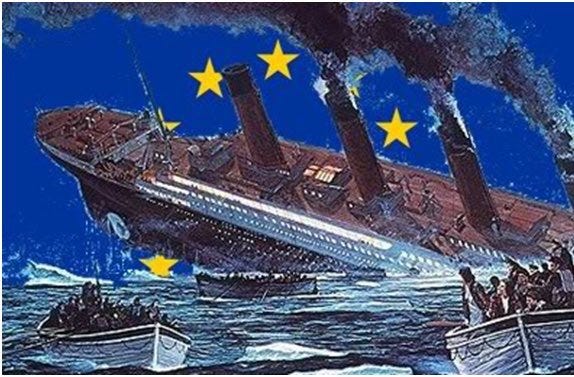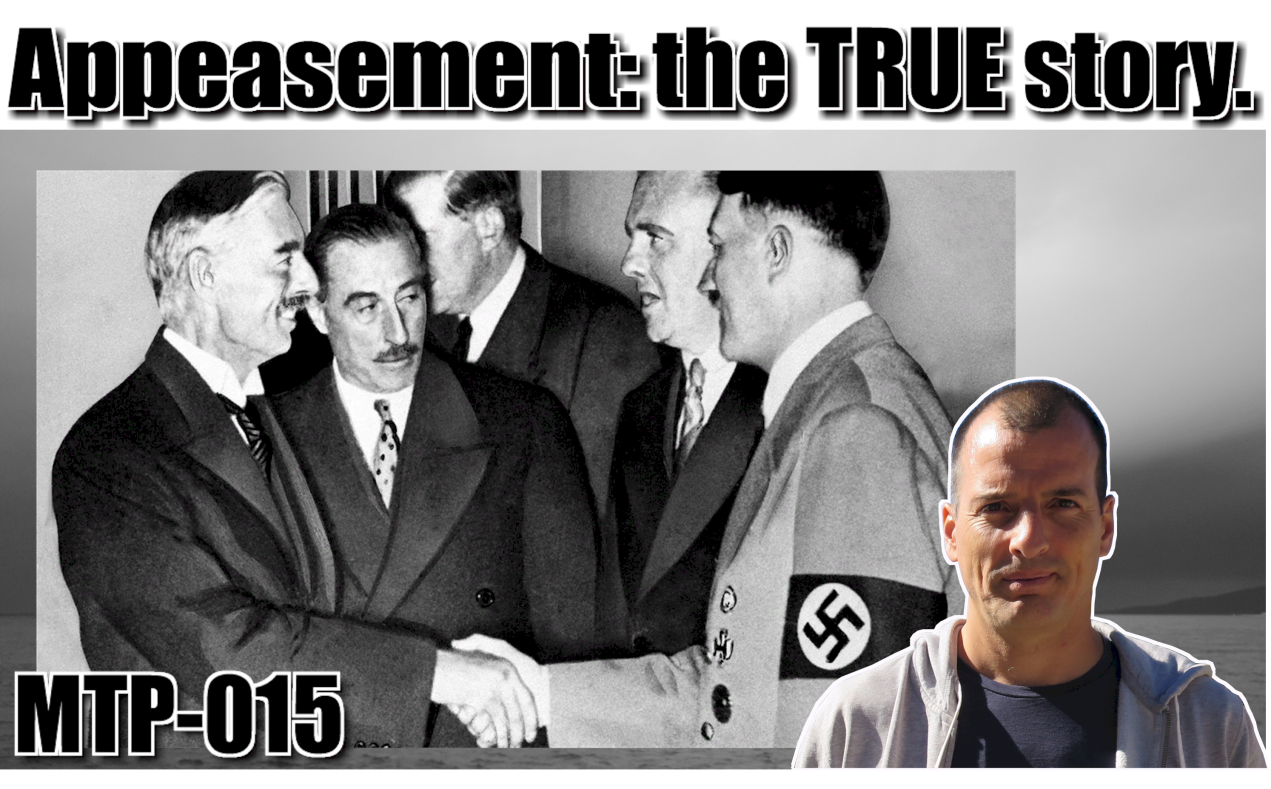At the end of October I travelled to Baku, the capital of Azerbaijan located on the western shore of the Caspian Sea. I went there to speak at the XV Verona Eurasian Economic Forum held on the 27 and 28 October 2022. I found a few things about this experience quite remarkable. For one thing, Azerbaijan was never on my bucket list of places to visit, so I was very pleasantly surprised with what I saw there – so much so that I put together an impromptu video postcard you’ll find below in this post.
The conference itself was superb, both in terms of the program and in terms of the caliber of its participants, among them the former Italian Prime Minister Romano Prodi, Russia’s Integrations and Macroeconomics Minister Sergey Glazyev and many high-level executives from central banks, commercial banks, industry, research institutions and media. Participants came from Russia, France, Germany, India, China, United States, Turkey, Azerbaijan as well as many other Eurasian nations. As far as I know, I was the only participant from Croatia.
The content of the conference focused on the area’s economic development, banking and finance, evolution of the currency and payment systems, cryptocurrencies and crowdfunding; about infrastructure and social development, food production, and a very intelligent discussion about the role of technology in society. Quality of the deliberations was actually quite impressive. This wasn’t about possibilities of development in some distant future, but discussions about real solutions: elements of a new and improved operating system for society that are actually being developed and implemented even as you read these lines.
Continue reading


